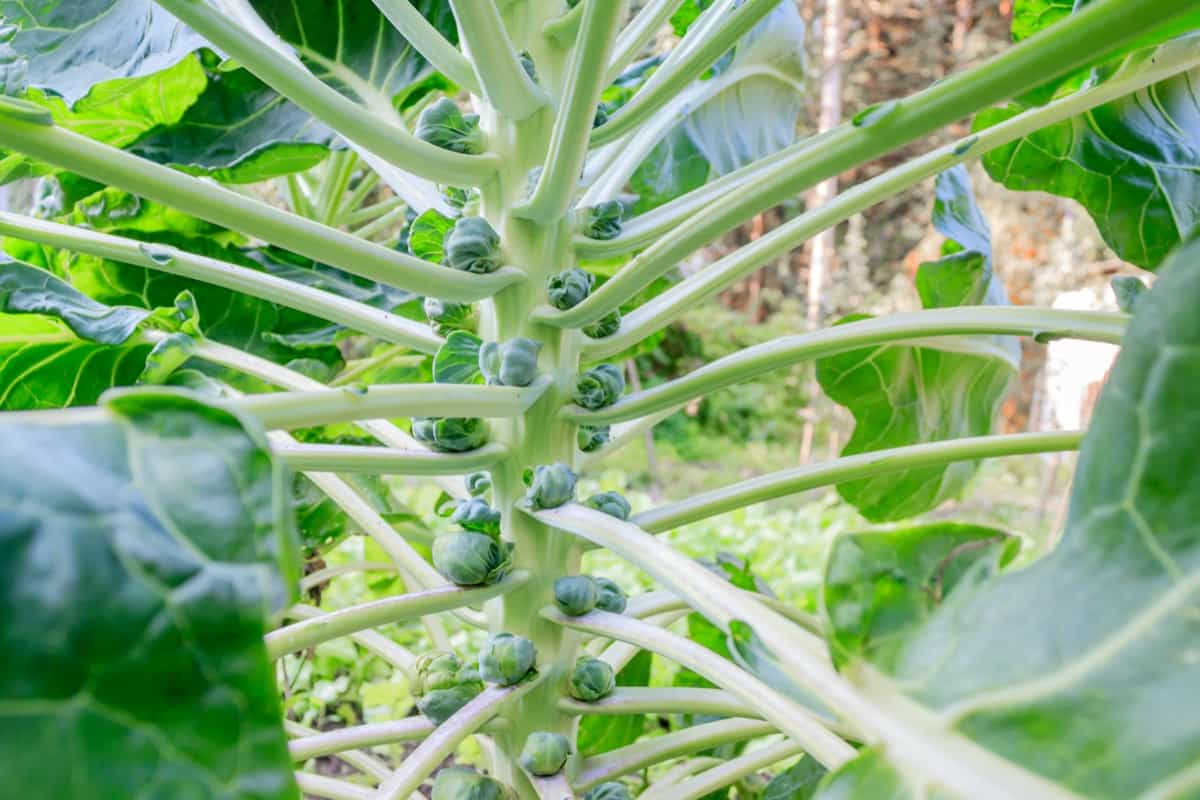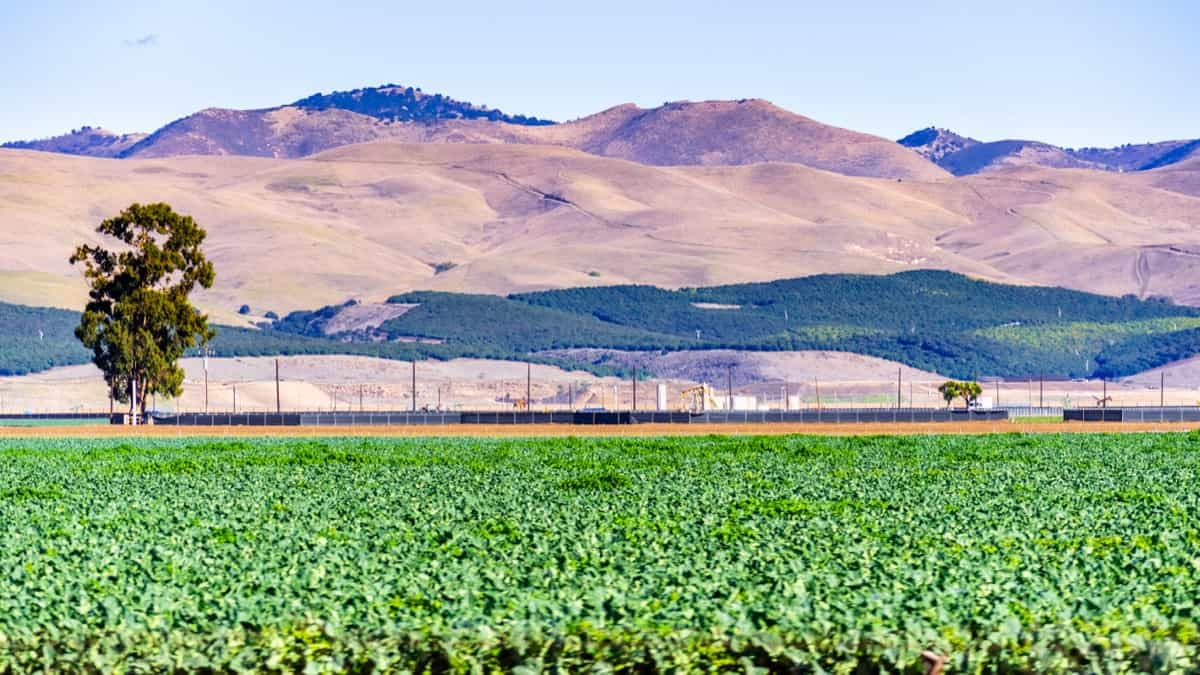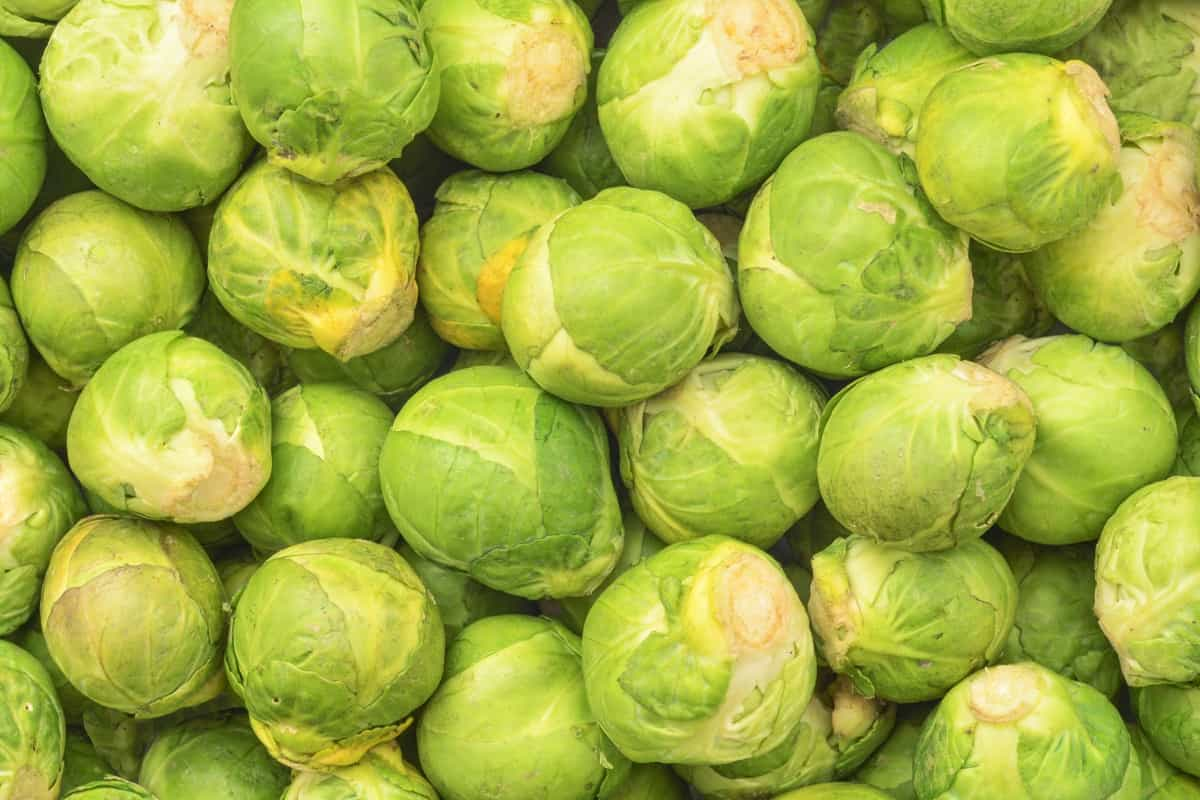Embarking on a Brussels sprouts farming business requires more than just a green thumb; it calls for a strategic approach that encompasses market understanding, resource management, compliance with regulations, and a commitment to sustainability. Brussels sprouts, known for their nutritional value and versatility, have increased in popularity, creating opportunities for farmers.

However, success in this sector demands a deep dive into various aspects ranging from understanding the intricacies of Brussels sprouts cultivation, market trends, and production technology to effective business planning and environmental stewardship. This extensive manual will examine the essential stages involved in developing a strong business strategy for Brussels sprouts cultivation. It encompasses a range of topics, including market assessment, target audience delineation, financial planning, risk mitigation, and sustainable farming practices.
Brussels Sprouts Farming Business Plan
Understand the Brussels Sprouts Market
Gaining a deep understanding of the Brussels sprouts market is essential for any successful farming venture. Investigate current trends, especially how the brussels sprouts price fluctuates due to demand and seasonality. Knowing when Brussels sprouts are most in demand can guide your production schedule. Study your competitors and their strategies to identify market gaps or successful practices. This knowledge will be invaluable in planning your production and sales strategies, ensuring you cater to market needs effectively.
Research Brussels Sprouts Farming
Successful Brussels sprouts farming hinges on comprehensive research into production technology. This includes understanding the ideal conditions for growing Brussels sprouts, such as climate, soil type, and pH levels. You need to delve into the specifics of irrigation, pest control, and disease management, as well as the varieties of Brussels sprouts that best suit your region. Familiarize yourself with the latest sustainable farming techniques to enhance your crop quality and appeal to environmentally conscious consumers.
Identify Your Target Audience
Target audience could be local consumers, restaurants, or supermarkets, each with distinct preferences. For instance, local consumers might prefer organically grown produce, while restaurants may have specific size requirements. Understanding these needs helps you tailor your Brussels sprouts farming operation to meet market demands, ensuring better customer satisfaction and sales.
In case you missed it: Utilizing Cover Crops in Brussels Sprouts Farming Systems

Develop a Business Model for Brussels Sprouts Farming
A strong business model for Brussels sprouts farming should consider the scale of operation, production methods (conventional or organic), and operational plans, including planting and harvesting schedules. Also, decide on the sales channels to use, whether selling directly to consumers, through markets, or wholesalers. Incorporating sustainable practices can also add value to your business model, attracting a broader customer base.
Create a Marketing Strategy for Brussels Sprouts
An effective marketing strategy for Brussels sprouts should focus on your produce’s unique qualities and use various channels to reach your audience. Emphasize aspects like freshness, local cultivation, or organic certification. Engage with customers through social media, local events, and partnerships with local businesses. Adapting your strategy to current food trends and customer feedback can further enhance your market presence.
Financial Planning and Budgeting for Brussels Sprouts Farming
For financial planning and budgeting, start with estimating the initial investment and ongoing operational costs. Create a detailed budget that encompasses all expected expenses and revenues. This will help in managing cash flow and ensuring financial viability. Regularly adjusting your budget based on market dynamics, especially the fluctuating price of Brussels sprouts, is crucial for maximizing profits and maintaining the health of your business.
Securing Resources and Infrastructure
The right resources and infrastructure are vital for a successful Brussels sprouts farming operation. First, focus on acquiring suitable land with the right soil type and climate for Brussels sprout cultivation. Next, invest in quality seeds and the necessary equipment for planting, irrigation, and harvesting. Remember the importance of proper storage facilities to keep your harvest fresh.
In case you missed it: How to Prepare the Soil and Plant Brussels Sprouts

Infrastructure also includes reliable transportation for delivering your produce to the market. Consider the potential need for greenhouses or shade nets if your climate requires it. Also, evaluate the availability and cost of labor in your area, as Brussels sprouts farming can be labor-intensive, especially during planting and harvesting periods.
Comply With Regulations and Standards
Compliance with agricultural regulations and standards is crucial for any farming business. Familiarize yourself with local and national agricultural laws, especially land use, water rights, and pesticide use. If you aim for organic certification for your Brussels sprouts, ensure you adhere to the specific guidelines set by certifying bodies.
This includes the types of fertilizers and pest control methods you can use. Understanding food safety standards is also essential. Implementing good agricultural practices (GAP) can help maintain the quality and safety of your produce, which is crucial for customer trust and loyalty.
Risk Management in Brussels Sprouts Farming
Risk management is an integral part of Brussels sprouts farming. Start by identifying potential risks, including crop diseases, pest infestations, extreme weather conditions, and market price fluctuations. Once identified, develop strategies to mitigate these risks. This could involve diversifying crops, implementing integrated pest management practices, or using weather-resistant crop varieties.
Additionally, consider insurance options to protect your business from significant financial losses due to unforeseen events. Monitoring crops and market trends can help you anticipate and manage risks more effectively. Establishing a contingency fund can also provide financial cushioning during unexpected challenges.
Sustainability and Environmental Considerations
Incorporating sustainability and environmental considerations into your Brussels sprouts farming practice is beneficial for the planet and can enhance your market appeal. To reduce environmental impact, adopt sustainable farming practices like crop rotation, organic farming, and efficient water management. If available, make use of sustainable energy sources like solar panels. Composting and organic fertilizers can improve soil health and reduce chemical usage.
Additionally, consider implementing measures to protect local biodiversity, such as creating habitats for beneficial insects or using non-invasive farming techniques. By farming sustainably, you can cater to a growing market of environmentally conscious consumers, potentially increasing your profitability while contributing positively to the environment.
In case you missed it: How to Grow Brussels Sprouts in Greenhouse: Best Practices for Beginners

Conclusion
Creating a successful business plan for Brussels sprouts farming is a multifaceted process that goes beyond the fields. It requires an astute understanding of the market, meticulous planning, and a commitment to sustainable practices.
By thoroughly researching Brussels sprout cultivation, complying with regulations, managing risks effectively, and prioritizing environmental considerations, farmers can position themselves for success in this thriving market. Embracing these elements contributes to the profitability and sustainability of the farming business and supports the broader goal of providing healthy, quality produce to the community.
- Feed Your Flock for Less: Top 10 Tips to Save on Chicken Feed
- Ultimate Guide to Ossabaw Island Hog: Breeding, Raising, Diet, and Care
- Hatching Answers: The Top 10 Reasons Your Chickens Aren’t Laying Eggs
- Eggs and Economics: Breaking Down the Cost of Raising Backyard Chickens
- Defend Your Greens: Proven Methods to Keep Iguanas Out of Your Garden
- Ultimate Guide to Cinnamon Queen Chicken: A Comprehensive Guide for Beginners
- Ultimate Guide to California Tan Chicken: Breeding, Raising, Diet, Egg-Production and Care
- Ultimate Guide to Marsh Daisy Chicken: Breeding, Raising, Diet, and Care
- 10 Types of Chicken Farming Businesses You Can Start for Profits